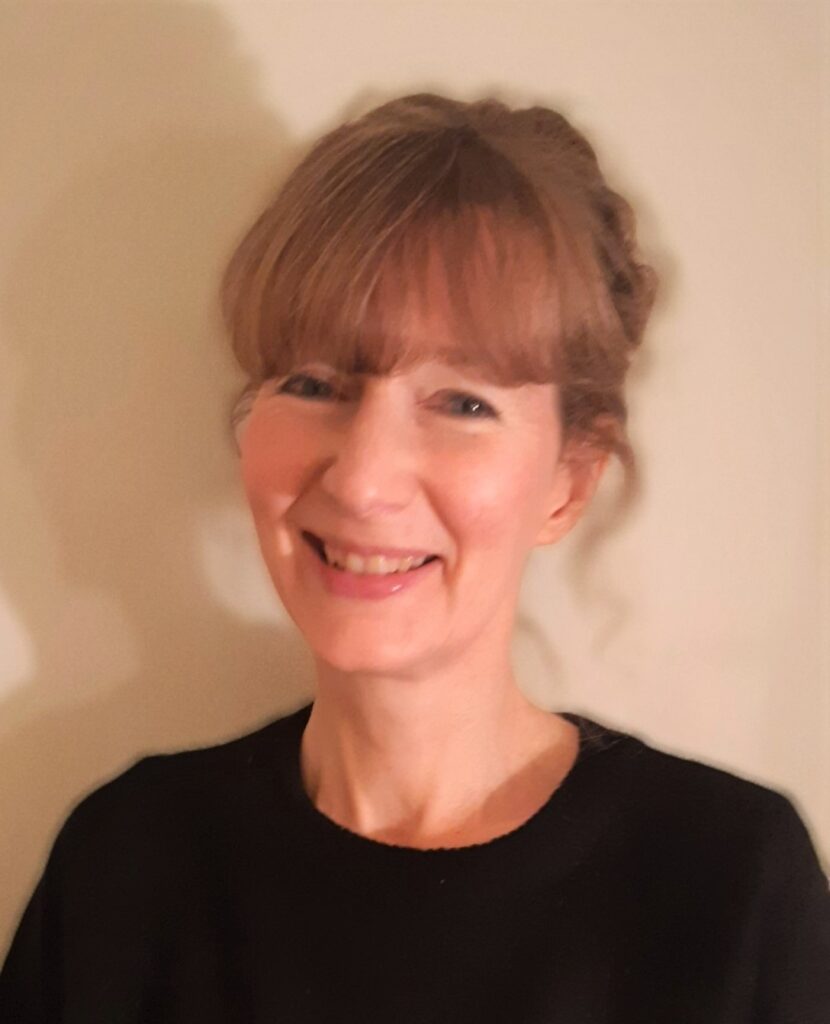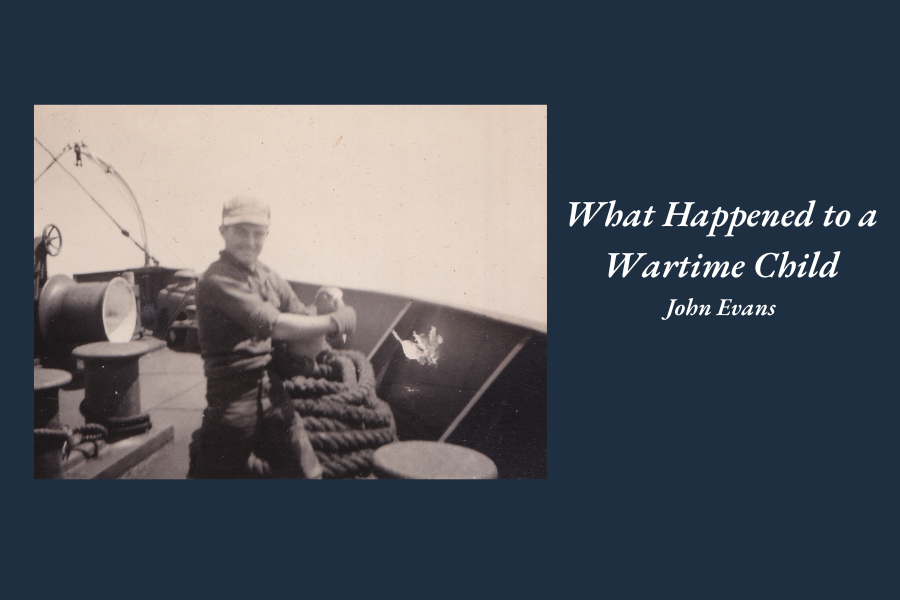One of our most recent LifeBook authors, John Evans, is a man with a great sense of humour and a buoyant outlook. He also has an impressive recall of all the detail of a long and adventurous life and a real talent for making his stories both entertaining and informative.
War memories
Born in Cardiff in 1931, John grew up during the Second World War, but although he remembers the privations and the bombs, his impressions of the war years are those of a boy. As a nine-year-old, his concerns were wrapped up in long hours spent in school air-raid shelters and in trying to find bigger shrapnel fragments than anyone else; shrapnel was, he says, “a schoolboy’s treasure.” With hindsight, he is, he says, aware of how awful life must have been for the people who were billeted in his small, terraced house after being bombed out of their own homes. They had lost everything they owned and were reduced to using their coats as bedclothes because they no longer possessed even a single blanket. These were terrible times, but John doesn’t remember them that way. To him, they were an adventure.
New ports of call
John’s years in the Merchant Navy provide more opportunities for lively and engrossing storytelling. Upon embarking on his first voyage on the Leeds City in 1949, for example, he describes his astonishment at finding all the lights on in New Orleans, his first port of call. After years of blackouts in Cardiff during the war and with the post-war streets still dark because there was no power available for street lighting, New Orleans’ brightly lit shops and restaurants were a remarkable contrast.
He also describes sailing up the Amazon, a river so vast that neither bank was visible for three days, and docking at the Fray Bentos factory in Rosario, Argentina, where immense herds of cattle were driven in at one end and corned beef came out at the other! He tells us of 26-foot tidal bores on the Hooghly River, giant rogue waves in the Atlantic, sightings of whales and sharks, his first encounter with a tea bag and, with more than a hint of Moby-Dick’s Ishmael, how to splice a rope.
These stories are peppered with little gems of travel lore such as this: “The one basic rule when going ashore in a foreign country was to remember the number of the bus you took to reach town, and it didn’t matter if it went back the long way or the short way. All that was important was that it would take you back to the docks.” Sound advice for any traveller!
Love at first sight
For John, it was love at first sight when he met Dorothy, the girl who would become his wife, at the Pavlova Dance Hall in Canton, Cardiff. They had four sons, and they met the ups and downs of married life together until Dorothy’s untimely death from Huntington’s disease. Throughout this time, John worked first in a bakery and then for Esso in Libya, describing, with some verve, all the amateur theatricals, darts competitions and practical jokes employed by the expatriate community to pass the time in a remote chemical plant in the desert, many miles from home and their loved ones.
John is both a born storyteller and a mine of social history. For me, as an editor at LifeBook Memoirs, helping him to put all his memories and his knowledge into print was a joyful and fascinating experience. His book provides a parade of vivid images and unexpected people, and his epilogue, jauntily entitled The End of Part One, is the perfect parting sally in a story of adventure and warm-hearted resilience.

Written by Kate Parry, LifeBook Memoirs editor

